Refine listing
Actions for selected content:
1295047 results in Books

Don't Shoot the Journalists
- Migrating to Stay Alive
-
- Published by:
- Anthem Press
- Published online:
- 04 September 2025
- Print publication:
- 06 May 2025
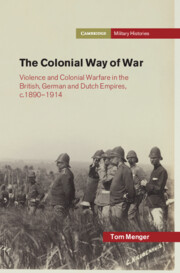
The Colonial Way of War
- Violence and Colonial Warfare in the British, German and Dutch Empires, c.1890–1914
-
- Published online:
- 04 September 2025
- Print publication:
- 21 August 2025

Seniorland
- Aging in a Retirement Metropolis
-
- Published online:
- 04 September 2025
- Print publication:
- 18 September 2025

Schoenberg in Context
-
- Published online:
- 04 September 2025
- Print publication:
- 04 September 2025

Conspiracy and Contingency
- How to Deal with Fake Necessities
-
- Published by:
- Anthem Press
- Published online:
- 04 September 2025
- Print publication:
- 13 May 2025

Civic Engagement in Australian Democracy
-
- Published by:
- Anthem Press
- Published online:
- 04 September 2025
- Print publication:
- 13 May 2025
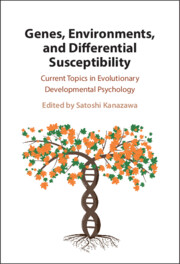
Genes, Environments, and Differential Susceptibility
- Current Topics in Evolutionary Developmental Psychology
-
- Published online:
- 04 September 2025
- Print publication:
- 18 September 2025
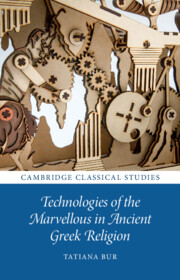
Technologies of the Marvellous in Ancient Greek Religion
-
- Published online:
- 04 September 2025
- Print publication:
- 24 July 2025
-
- Book
-
- You have access
- Open access
- Export citation
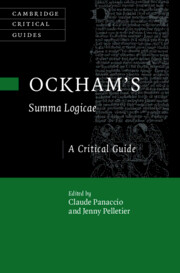
Ockham’s Summa Logicae
- A Critical Guide
-
- Published online:
- 04 September 2025
- Print publication:
- 18 September 2025
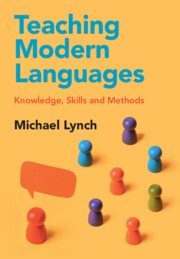
Teaching Modern Languages
- Knowledge, Skills and Methods
-
- Published online:
- 04 September 2025
- Print publication:
- 12 June 2025
-
- Textbook
- Export citation
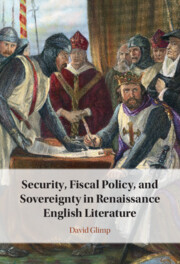
Security, Fiscal Policy, and Sovereignty in Renaissance English Literature
-
- Published online:
- 04 September 2025
- Print publication:
- 18 September 2025
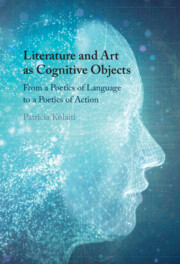
Literature and Art as Cognitive Objects
- From a Poetics of Language to a Poetics of Action
-
- Published online:
- 04 September 2025
- Print publication:
- 18 September 2025

The Will in English Renaissance Drama
-
- Published online:
- 04 September 2025
- Print publication:
- 18 September 2025
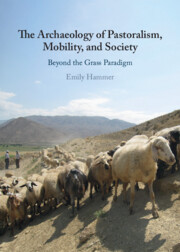
The Archaeology of Pastoralism, Mobility, and Society
- Beyond the Grass Paradigm
-
- Published online:
- 04 September 2025
- Print publication:
- 18 September 2025
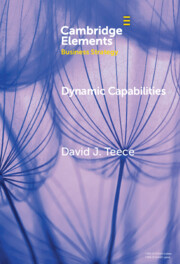
Dynamic Capabilities
- Foundational Concepts
-
- Published online:
- 04 September 2025
- Print publication:
- 02 October 2025
-
- Element
-
- You have access
- Open access
- HTML
- Export citation
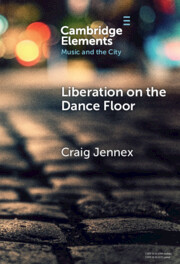
Liberation on the Dance Floor
- Popular Music and the Promise of Plurality
-
- Published online:
- 04 September 2025
- Print publication:
- 02 October 2025
-
- Element
-
- You have access
- Open access
- HTML
- Export citation
Part V - From V AD TO V–VI AD
-
- Book:
- Corpus of Latin Texts on Papyrus
- Published online:
- 03 October 2025
- Print publication:
- 04 September 2025, pp 1-2
-
- Chapter
- Export citation
Index
-
- Book:
- The Wars of the Roses
- Published online:
- 24 July 2025
- Print publication:
- 04 September 2025, pp 296-304
-
- Chapter
- Export citation
Chapter 30 - Philosophy
- from Part VIII - Ideas, Beliefs and Interventions
-
-
- Book:
- Schoenberg in Context
- Published online:
- 04 September 2025
- Print publication:
- 04 September 2025, pp 298-307
-
- Chapter
- Export citation
Tables
-
- Book:
- Gold in India
- Published online:
- 26 September 2025
- Print publication:
- 04 September 2025, pp xiii-xiv
-
- Chapter
- Export citation
